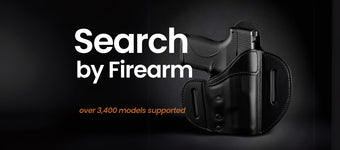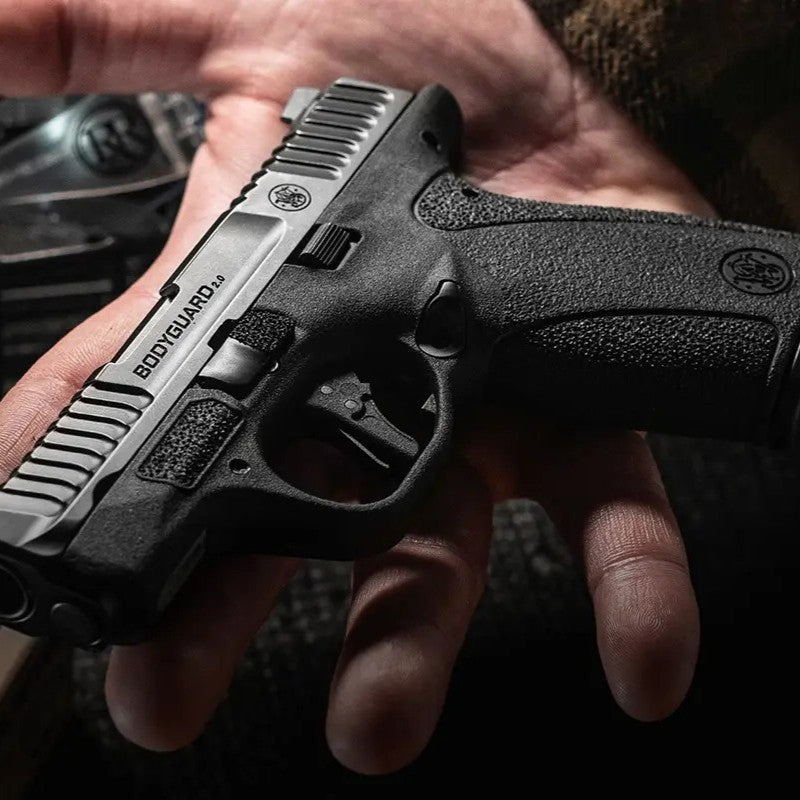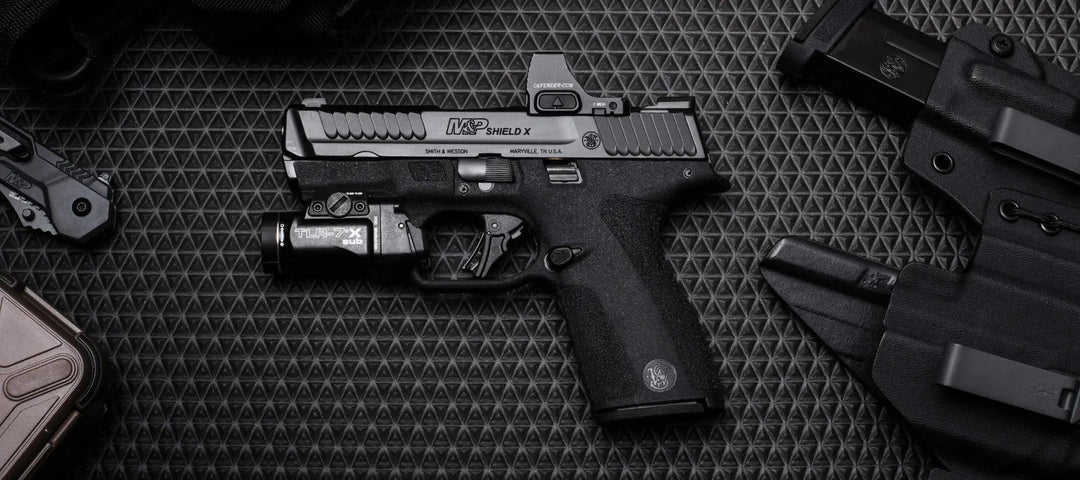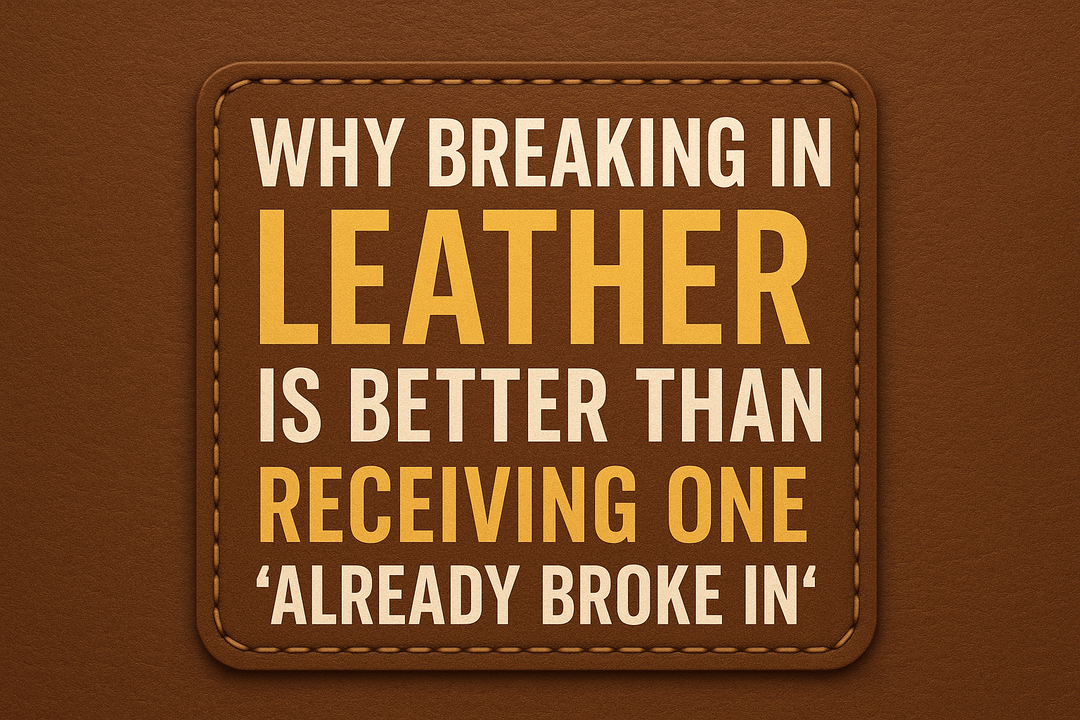Concealed Carry in a Bar
When people are confused about their concealed carry rights, one of the most common places they are concerned about is a bar. This is for good reason as there is no set nationwide law on this. In fact, the law varies greatly from state to state regarding whether or not an individual can carry in a bar, or any other place that serves alcohol.
The legal environment for concealed carry is highly dynamic, making the rules for carrying in establishments that serve alcohol a critical, fast-changing subject. This guide was thoroughly reviewed and updated in December 2025 to incorporate the latest developments, including the impact of permitless carry expansion across 29 states and recent court rulings stemming from the Bruen decision that affect "sensitive places" like bars. Given the complexity of state-specific statutes (like Florida Statute 790.06) and the ongoing federal reciprocity debate in Congress, understanding where your Urban Carry Holster can legally go is essential. Read on for the definitive 2025 analysis of concealed carry in bars.
There are a number of states that allow concealed carry in a bar. Other states have various punishments for being caught doing so. Adding to the confusion surrounding this situation are the conceal carry laws in the state of Arizona where they now allow conceal carry without a permit in many situations.
When it comes to bars in the state, an individual can carry their weapon into a place with a valid liquor license if they have a conceal carry permit, but not if they don't, meaning the non-permit conceal carry law only applies to certain unregulated areas. Beyond that, an establishment can enact their own set of rules banning the concealed carry of a firearm if they wish to do so.
Some states have had a hard time determining exactly what kind of establishments fall under the classification of a bar. In these states, they have enacted the 51% rule, a law that confused and baffled many. Basically, it says that any place of business that makes over half of its revenue through the sale of alcohol is an area where someone can't conceal carry their firearm.
These places will be indicated via a "51" sticker, meaning you have to leave your gun in the car if you want to go in. If you carry a firearm on a daily basis, you understand just how important it is to understand your state and local laws when it comes to conceal carry.
You must have a proper holster to disguise it while keeping it accessible, but the most important part is to not carry it into an area where it is not allowed. In some areas, you could face jail time if you do this, especially if you have been caught doing it multiple times.
At the same time, there are states where concealed carry is allowed without government interference and regulations. The punishment in most states for being caught carrying a gun in a regulated area for the first time is usually just a simple fine.
With Glock’s release of the G49 MOS in May 2025, the question of legal concealed carry in restricted environments like bars has become even more relevant, especially for owners of this new compact crossover model.
There are thirteen states that allow individuals to conceal carry a gun without any restrictions. The list includes Alaska, Arizona, Arkansas, Idaho, Kansas, Maine, Mississippi, Missouri, New Hampshire, North Dakota, Vermont, West Virginia and Wyoming.
In some of these states, only residents are allowed to conceal carry. Letting people conceal carry without any restrictions is also called constitutional carry in many instances. If you want to live in a state with constitutional carry, these are your options.
You can carry in a bar in these states unless the particular establishment in question decides to disallow it on their own. Basically, these states leave it up to the individual to decide whether or not they want their place of business to be a gun free zone.
In a may-issue state, the gun owner needs a permit to be allowed to concealed carry their weapon. This permit is obtained from local authorities and whether or not it is granted is up to their discretion, even if the person applying for the permit meets all of the criteria to qualify for the permit.
These states generally have stiffer rules when it comes to carrying in a bar as well. There are nine may-issue law states and they are California, Connecticut, Delaware, Hawaii, Maryland, Massachusetts, New Jersey, New York, and Rhode Island. A permit can be acquired in these states, but it can be a little bit harder than the shall-issue states.
Shall-issue regulations also state that the individual must have a permit in order to carry their weapon concealed. As opposed to may-issue states, the person only needs to meet the criteria necessary in order to get the license. They do not need to show cause or have a reason.
This makes it much simpler in these states to get a concealed carry license. When it comes to the gun in bar laws, these states generally have looser laws surrounding that as well.
Most states are considered shall-issue states including Alabama, Alaska, Arizona, Arkansas, Colorado, Florida, Georgia, Idaho, Illinois, Indiana, Iowa, Kansas, Kentucky, Louisiana, Maine, Michigan, Minnesota, Mississippi, Missouri, Montana, Nebraska, Nevada, New Hampshire, New Mexico, North Carolina, North Dakota, Ohio, Oklahoma, Oregon, Pennsylvania, Rhode Island (for permits issued by local authorities), South Carolina, South Dakota, Tennessee, Texas, Utah, Virginia, Washington, West Virginia, Wisconsin, and Wyoming.
Conclusion
As you can see, there is no simple way to conceal your weapon in a bar. Like any responsible gun owner in any other situation, it is just as important to have a complete knowledge of the laws in your state as it is to have a complete knowledge of gun safety. You can also visit our search by weapons page to find the right gear for your specific firearm. If you want to check out which states prohibit concealed carry guns in bars click this link.
Don't get caught carrying your gun where you shouldn't or you could end up with some heavy fines, or even something worse.
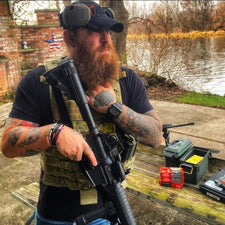
Richard Calvette
Firearms Expert, Urban Carry Holsters
I've been with Urban Carry Holsters since 2020, proudly serving as the Firearms Expert. Before that, I served 8 years in the United States Marine Corps, including a deployment to Iraq from 2009 to 2010. During my time in the Infantry as a Sergeant, I developed a deep interest in the wide range of firearms we used. It fascinated me to learn why specific weapons were chosen for different missions and roles.Breaking into the firearms industry wasn't easy, but persistence paid off. While attending a trade show, I discovered the Sonoran Desert Institute. That opportunity led me to earn an Associate of Science in Firearms Technology, along with certifications as a Pistol Expert and Range Safety Officer.My passion for firearms continues to grow every day. I'm always learning, always improving, and always striving to bring that knowledge and experience to the work we do here at Urban Carry.


